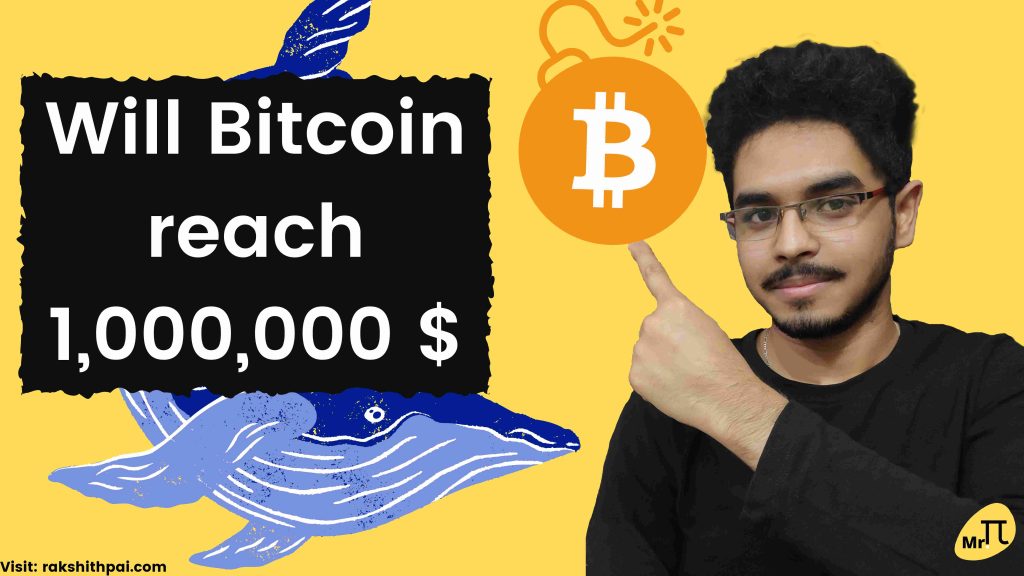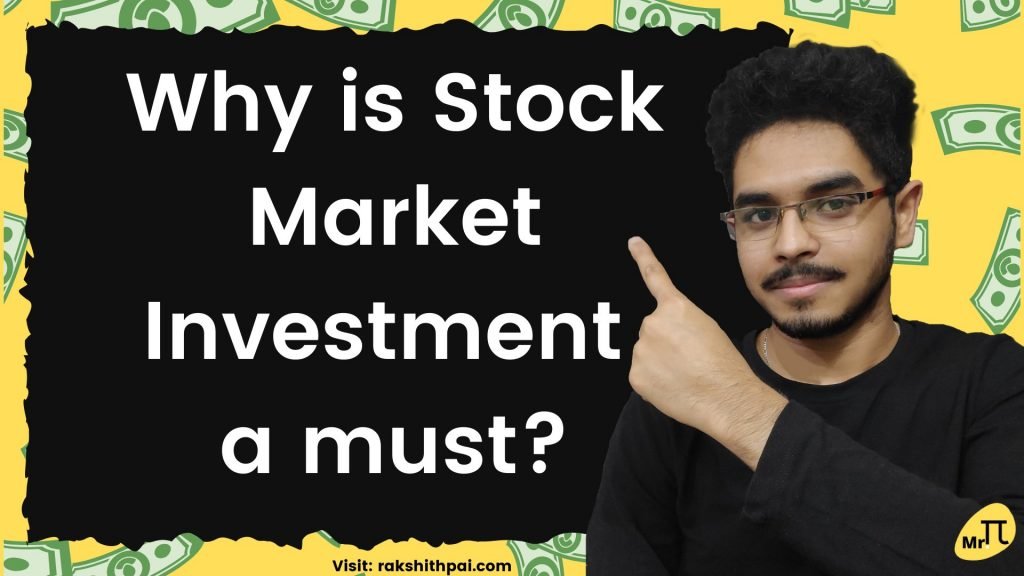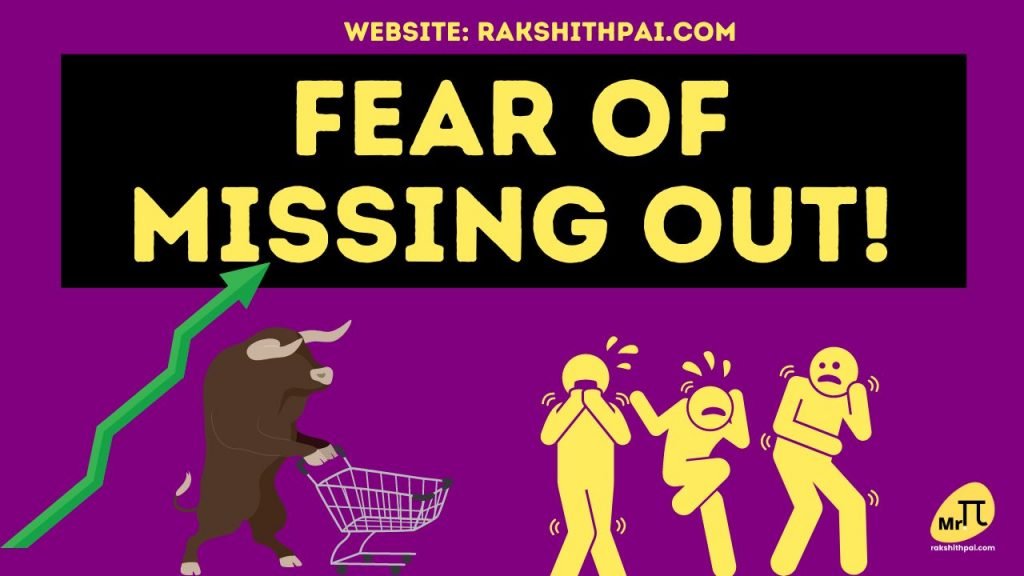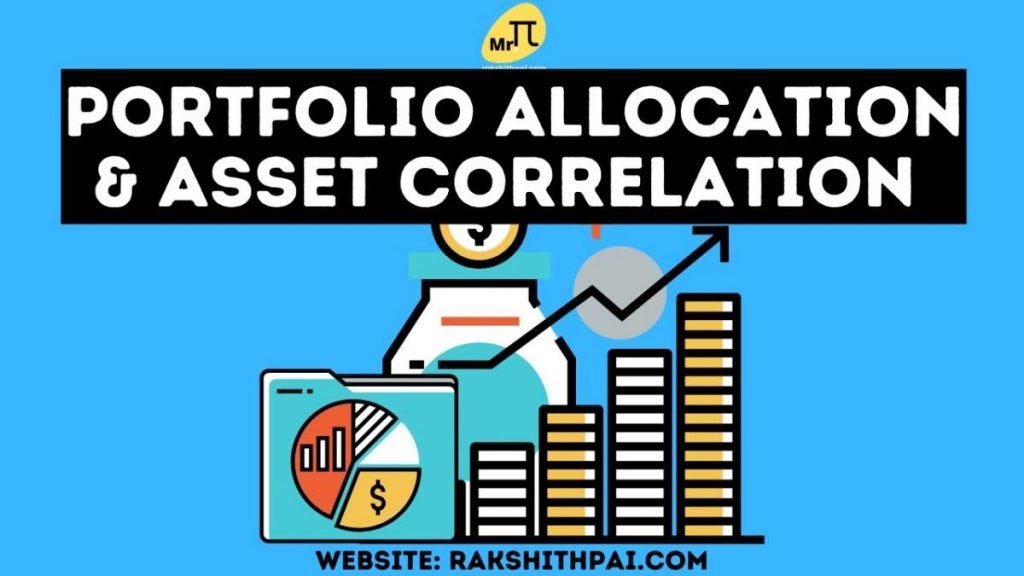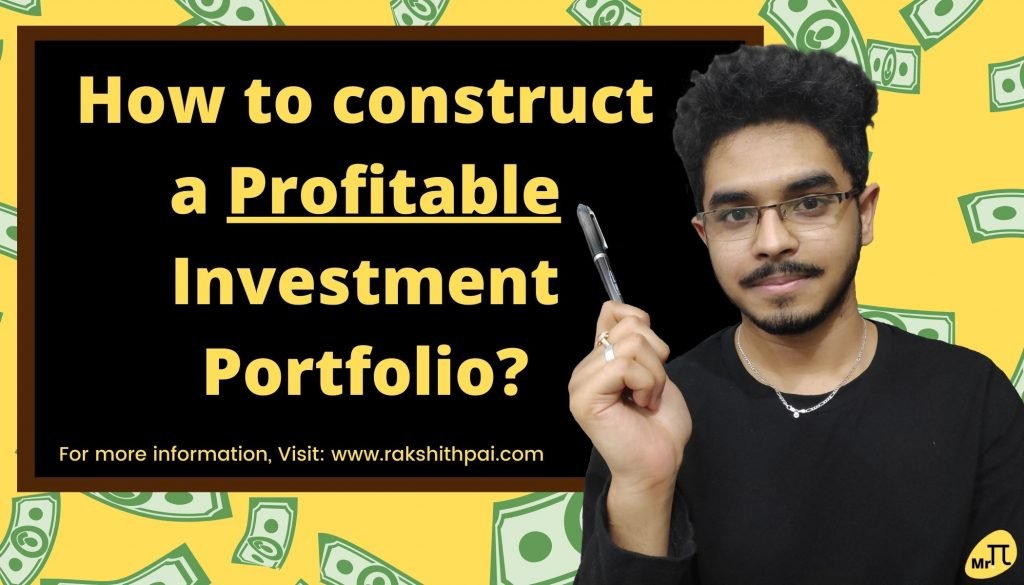Table of Contents
Introducing Market To Budding Investors:
Stock market investing is one of the best ways to make money. We have hundreds and thousands of success stories of people who have made a fortune in this industry. All they did was invest in Indian companies. Stay invested for the long term.
If you buy the right company at the right price and hold on to it, you can strike gold. I mean, people have made crores of money from their investments. But with such wealth comes one major worry: here, we have stock market scam-type worries. Where there is money, and in the stock market, there’s a lot of it, people get into unethical ways of earning it.
To Begin your Investing Journey, read this article, “Stock Market Basics”
With that said, here are some of the widely known scams in the stock market that are perpetrated on innocent, gullible, and naive investors.
Five (5) Most Common Scams in Stock Market:
The New Age Scammers with the same old trick!
Since COVID, the bull market has attracted a new generation of enthusiastic investors to the stock market. This has also produced a new generation of con artists eager to steal their money.
With YouTube, Telegram, Twitter, etc. providing user-friendly platforms for acquiring large numbers of followers, age-old stock manipulation techniques have been redesigned.
In the past three years, the Securities and Exchange Board of India (SEBI) has been extremely active in detecting these frauds and prosecuting their perpetrators. Reading its regulatory orders provides insight into the mode of operation of these cons.
On the basis of SEBI’s findings, we discuss Seven varieties of new-age stock schemes that investors should be wary of.
7 Widely Known Stock Market Scams:
Here are seven widely known ways in which many new investors and traders could get scammed.
High Yield Promise:
In the stock market, the only thing that is certain is how much you invest and how much you could lose from it. Nobody can give you 100% assurance with regard to how high the stock could go. But there are some “advisors” who are doing this kind of activity via WhatsApp, Telegram, and other social media platforms.
For example, whenever I trade or invest in a stock, I know how much I am investing and how much of it I could lose. It’s not 100% but it is with some sort of a stoploss. But I’d never know the target amount. It’s like predicting the future, which is impossible.
As traders, from a technical perspective, we can analyze where the support and resistance for our investment are. But even that is not foolproof.
So, when somebody promises you high-yield returns, something such as 20, 30, or even 50% in a week, month, or even a year, Just know that it’s all a scam. So be cautious with hyped targets.
Webinars:
I’ve noticed many Instagram and YouTube advertisements where “advisors” are coming up with video courses and lectures, webinars, and such. There’s nothing wrong with it. But what bothers me and is unethical is that they charge an exorbitant amount of money.
There are many such webinars where they don’t make any profit as traders but make crores of rupees as “mentors”. You don’t learn trading or investing from anyone. You learn the concept. The rest is on you.
Because, here, your act as an investor or trader will teach you more than those sessions that you take. You learn trading and investing by doing it.
Demat Credentials:
It’s really sad that people are getting scammed for this. Nobody must give their demat credential to anyone. just like you don’t give your bank account credentials to anyone.
Because when there’s money involved, you are supposed to be at least this cautious. Don’t share sensitive details. Stay safe.
Two-Factor Authentication:
Times have changed. It’s much easier to break into your password and steal its contents. So, in 1998, AT&T came up with “multi-factor authentication.” We now have two-factor authentication. The two-factor authentication system is not completely safe.
But it provides good security for your demat accounts. So, consider installing them on your phone and in your money apps.
Illiquid Stocks:
AKA PUMP and DUMP. Do you know why operators cannot play with well-established companies such as Reliance, HDFC, ICICI, Kotak, etc.? It’s because these companies have a huge number of shares outstanding.
Which means the company has liquid shares. And these shares are bought and sold in crores amongst the many mutual funds, domestic and foreign investors, retail investors, etc. on a daily basis.
And, most of the time, operators scam retail investors by pumping illiquid, nameless Halkat company shares. Watch this video to learn more about operators’ pumps and dumps in illiquid stocks. CLICK HERE!
Tips and Suggestions:
This is where our greed gets the best of us. Sir Peter Lynch said, and I quote, “People go to the library, and they do incredible research on a microwave oven. And then they’ll go out and spend $10,000 on a stock because they heard a tip on the bus.”
“What does that tell you?
10 Tips for Beginner Traders:
I’ve had many of my family and friends approach me for stock tips. Had I given them, I’m sure they’d have invested thousands or even lakhs of rupees. But they trust me as a family member or a friend, or maybe because I’ve been in this for over 8 years now.
How can you trust a friend or family member who isn’t an investor or trader? How can you take tips or suggestions from someone who has no track record or a negative track record?
Once. My barber asked if I had invested in the “XYZ coin”, I don’t even remember the crypto name.
Anyway, I asked how he knew about it. He said, “One of his clients, a bus conductor, asked him to invent 20,000 in this crypto, and he himself has 1.2 trillion of them. That’s not the messed-up part. The conductor received the investment tip from a fellow passenger. This is a real story, btw, and I want you all to realize how messed up this is.
Please don’t take tips or suggestions. especially from someone who’s not an expert. At least see their track record before taking the call.
Your Money, Your Responsibility:
Again, this is a real story: one of my friends has been scammed 10–12 times in 10 different scams during the 2-year period of 2020–2022. Scammers are getting more inventive by the day! And no authority can ever apprehend them. So, it’s on you.
Whether it’s about you giving money to somebody or you handing out your private information such as bank details, debit card details, Aadhar card, etc. Ask a couple of trusted members of your family and friends. At least search for it on the internet.
Always be skeptical and doubtful when it comes to money and private information. Because, here, prevention is a thousand times better than the mess that you’d have to deal with later.
Avoid getting scammed! Here’s What You Need To Do:
How To Avoid Capital Market Frauds?
Research:
You should never base investment decisions solely on unsolicited emails, message board postings, or company press releases. Before investing, you should understand the business and products or services of a company.
Before investing or trading in these companies, you should review their financial statements and consult with your investment advisor.
Unsolicited offers:
If you receive an unsolicited pitch to invest in a company or see it advertised online but cannot locate current financial information about it from independent sources, proceed with extreme caution. Because it could possibly be a “pump and dump” strategy.
If someone suggests any investment or trading option that’s also a hot stock tip in the market, proceed with caution. Watch this video to know more. CLICK HERE!
Guaranteed Return
Every investment involves some degree of risk, which is reflected in the expected rate of return. If your money is completely secure, you will likely receive a low return.
For example, when we invest in the capital market, we consider the risk involved and, hence, expect market risk. And if we invest in a bond such as government securities, we know that there isn’t much risk involved; hence, we expect lower returns.
High returns carry high risks, including the possibility of a total investment loss, for example, in crypto investing. The majority of fraudsters spend a great deal of time attempting to persuade investors that extremely high returns are “guaranteed” or “can’t miss.” They attempt to establish in your mind a mental image of your life when you are wealthy. Do not accept it.
Conclusion:
And, as always said, “If it sounds too good to be true, it probably is…”
The above-mentioned list is among a few of the probably 100 different types of scams and schemes you must be aware of.
Tech is a boon for this generation. The new age of investing and trading is going hi-tech. But with good comes bad, and we do not know the various scams and such deeds done by scammers every single day. And it’s up to you to safeguard your wealth from the perpetrators.
FAQ’s:
For More Information, Check this Video:
Disclaimer: All the information on this website is published in good faith and for general information purposes only.


